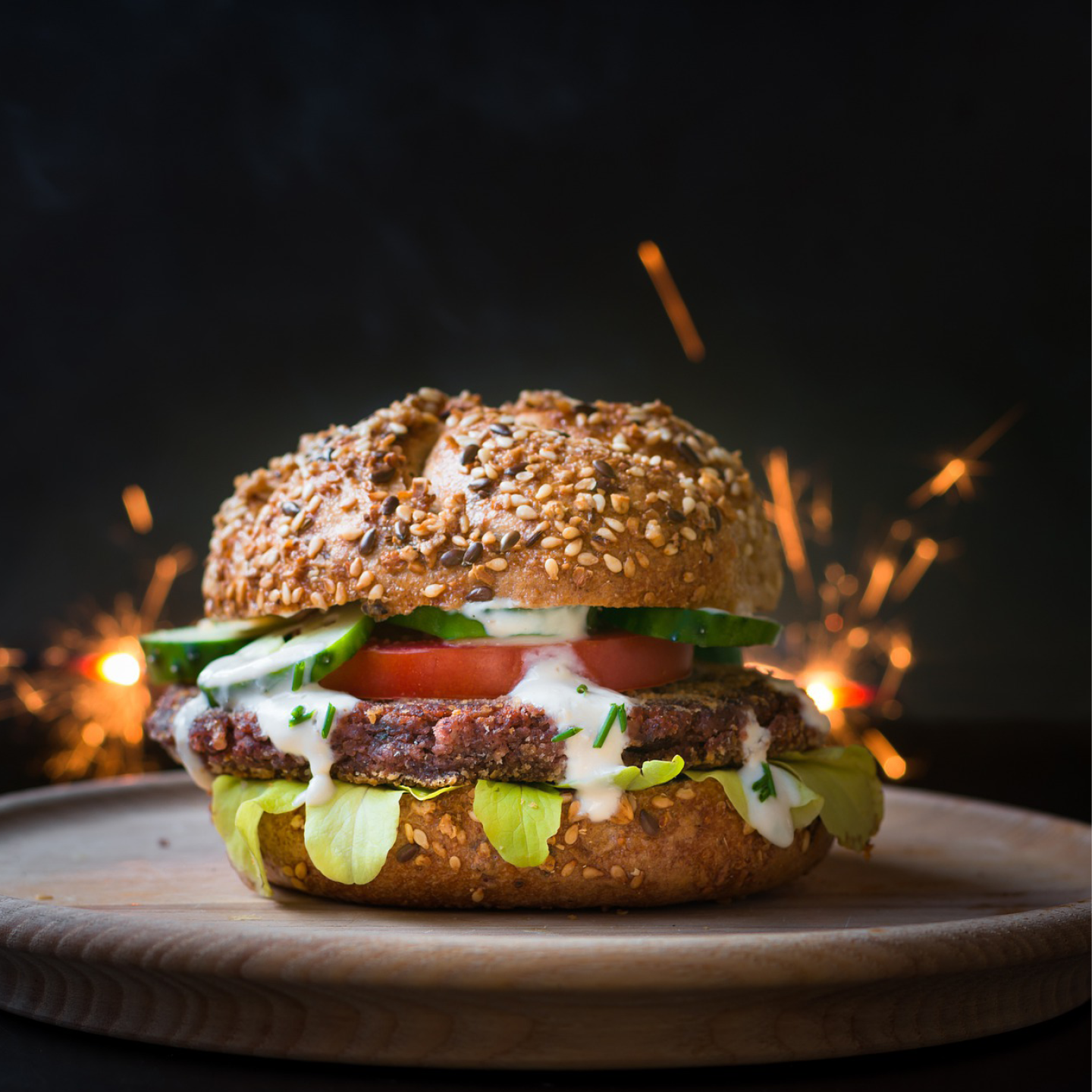
Vegan and vegetarian lifestyles are on the rise, and so are plant-based substitutes for our favorite kinds of meat. Veggie burgers, meatless hot dogs and sausages, and tofu have become go-to substitutes for those choosing to avoid animal products. However, the one product high in popularity is the “Impossible burger.”
What exactly is an impossible burger?
Founded in 2011, Impossible Foods Inc. set the goal to give people tasteful and nutritional alternatives of meat without the negative effects on health and the environment. Biochemistry professor at Stanford, Patrick Brown, wanted to devote time to help eliminate intensive animal farming back in 2009. To raise awareness for this type of farming and developing environmental friendly foods, Brown founded Impossible Foods in 2011 and launched the Impossible Burger in 2016.
What does the Impossible Burger consist of?
The impossible burger’s main ingredient- and one that gives it its “meat like” taste- is heme. Heme is abundant in animal muscle tissue and plants and is the molecule that gives blood its red color and carries oxygen throughout the body. This plant-based heme is made by taking DNA from soy plants and inserting it into genetically engineered yeast. The Impossible Burger’s proteins come from soy and potato proteins; fat from coconut oil and sunflower oil; and a binder, methylcellulose, which holds all of the ingredients together, a common food binder found in ice cream, sauces, and jams.
Nutritional Facts:
A four oz. Impossible burger consists of 240 calories, 14 grams of fat including 8 grams of saturated fat (40% of daily saturated fat intake), 370 mg of sodium (16% of daily sodium intake), 3 grams of fiber, and 19 grams of protein (31% of daily protein intake). All solid numbers, but what raises the biggest question is the saturated fat and sodium content.
Saturated fat, a solid at room temperature has proven to raise “bad cholesterol/LDL” and put a person at higher risk for heart disease and stroke. The Recommended Dietary Allowance (RDA) for saturated fat is 13 grams/day. Although coconut might be a plant food, it is higher in saturated fat, which poses many health concerns when consumed in large quantities. The RDA for sodium is 2,300 mg/day, and at 370 mg, the Impossible Burger consists of 16% of the RDA. A diet high in sodium can lead to high blood pressure, stroke, kidney stones, osteoporosis, and heart failure. Keeping a diet low in sodium content can prevent these types of conditions.
Plant based alternatives to animal products are on the rise with the best of intentions. Plant-based diets have been linked to a number of health benefits, such as boosted immune systems, reduced inflammation, increased fiber, lowered cancer risks, and maintaining a healthy weight. So, it’s no surprise that many restaurants and fast food chains are introducing their own version of Impossible Burger.
Whether you’re a lover of the Impossible Burger or another version of it from your fav restaurant, don’t forget to check the nutritional facts. It is much friendlier for the environment and a solid option for those abstaining from meat yet still want the taste of a burger. However, many of its ingredients may not be the most beneficial for a person’s health. Please consult with your primary physician on if this could be a better option for you, especially if you have high blood pressure, low kidney function, and low cardiac output.